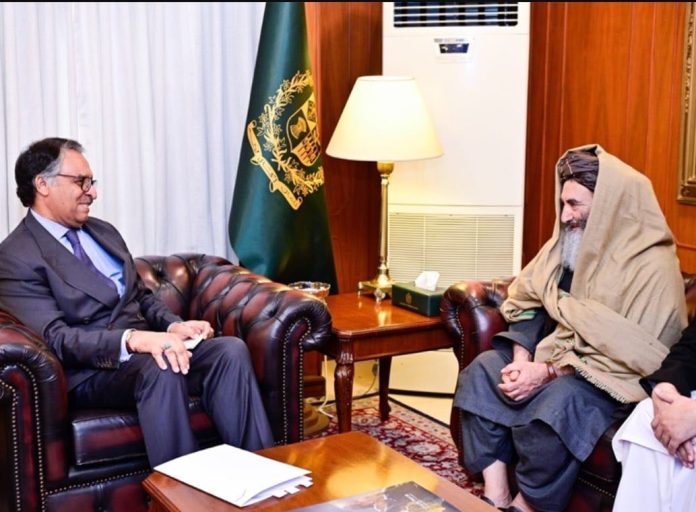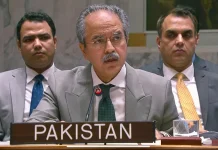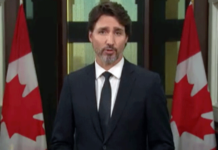Ashrafuddin Pirzada
PESHAWAR: The governor of Kandahar and Deputy Head of Military Intelligence of Emarat-e-Islami Haji Mullah Shireen visited Islamabad to engage in talks with Pakistani authorities sparked diplomatic talks in Pakistan.
This visit comes against the backdrop of rising tensions between the two neighbouring countries over cross-border terrorism, particularly concerning the Tehreek-e-Taliban Pakistan (TTP).
The discussions aimed to address a range of issues, including border security, the deportation of undocumented Afghans and the persistent threat posed by militant groups in Pakistan especially the border areas in the tribal districts and different cities of Khyber Pakhtunkhwa where TTP claimed responsibility for many attacks killing many security personals and civilians.
Haji Mullah Shireen led the Afghan delegation at the Pakistan-Afghanistan Joint Coordination Committee (JCC), where the Special Envoy on Afghanistan, Ambassador Asif Durrani, represented the Pakistani side.
The talks, which lasted for over three hours, covered various contentious topics but official statements from both sides avoided explicit references to thorny issues.
Instead, there was a deliberate effort to focus on “key issues of mutual concern,” demonstrating a cautious approach to avoid further escalating tensions.
Caretaker Foreign Minister Jalil Abbas Jilani also met with Mullah Shireen separately and discussed various bilateral issues including peace, trade and commerce. However, the discussions centred around peace and security, people-to-people contacts, and other matters of mutual interest.
Minister Jilani reiterated Pakistan’s commitment to sustained engagement and mutually beneficial ties with Afghanistan, emphasizing the need to address all concerns for the region’s full potential in trade and connectivity. Jilani said Pakistan wants a peaceful and progressive Afghanistan where they want investment and joint trade of different goods.
The Afghan Taliban spokesperson highlighted the importance of the JCC meeting, where participants discussed coordination mechanisms to facilitate cross-border movement, promoting people-to-people contacts.
The statement underlined that decisions were made regarding potential conflicts along the Durand Line, emphasizing the establishment of essential facilities for people on both sides.
Jilani said tensions between Pakistan and Afghanistan have been mounting due to Kabul’s perceived failure to curb the activities of the TTP and its affiliates, which have increasingly targeted Pakistani security forces.
Pakistan has consistently urged decisive action against these terrorist sanctuaries, while the Afghan Taliban government asserts that Afghan soil is not being used against its neighbouring country.
Before the delegation’s visit, the acting Afghan defence minister attributed terrorism in Afghanistan to “foreign powers,” pointing fingers at Tajik and Pakistani nationals involved in attacks.
This statement, observers note, may be an attempt to deflect growing pressure on Kabul from Islamabad. Pakistan has explicitly tied the future of its relationship with Afghanistan to decisive action against the TTP.
The visit of Haji Mullah Shirin marks a notable diplomatic engagement, but it remains to be seen whether it will lead to a breakthrough in the strained relations between Pakistan and Afghanistan.
Both countries face the challenge of navigating complex geopolitical dynamics, addressing security concerns and fostering regional stability.
The outcomes of these talks could have far-reaching implications for the broader South Asian region, emphasizing the critical need for sustained dialogue and cooperation to address shared challenges and promote lasting peace.












